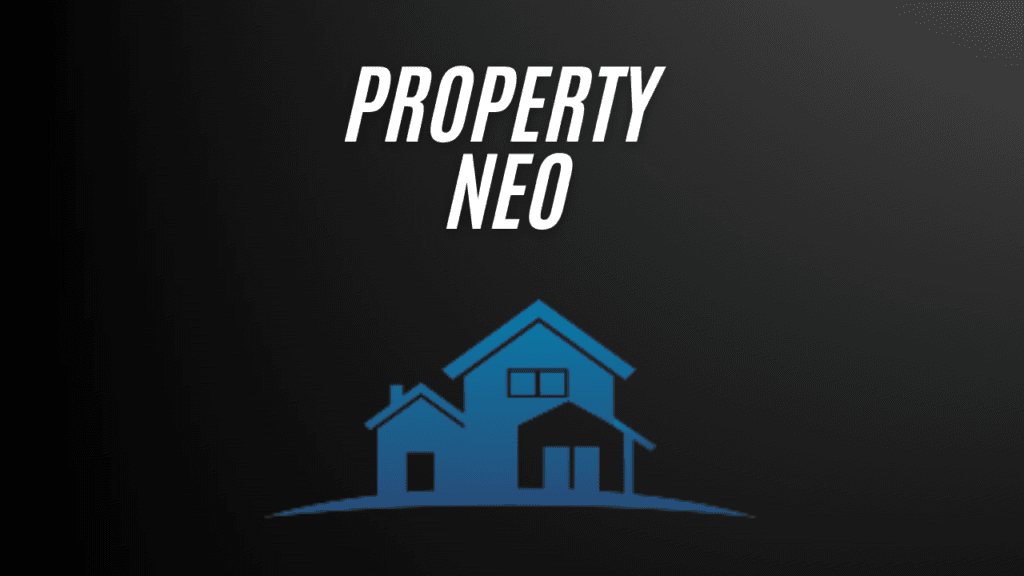Table of Contents
Landlord and Tenant Rights in 2024: Navigating Your Rental Relationship
Introduction
Navigating the world of landlord and tenant rights can feel complex, whether you’re a property owner or a renter. With regulations that vary by location, understanding the basics is key to creating a positive rental experience. Here’s a guide to the essential landlord and tenant rights in 2024, along with practical insights to help both parties foster a harmonious rental relationship.
The Legal Framework: Key Laws Governing Landlord and Tenant Rights
Landlord and tenant rights are largely shaped by state and local laws, though federal laws also play a role. In 2024, these laws continue to evolve with changes in societal norms and housing needs. The Fair Housing Act and Americans with Disabilities Act (ADA) are two key federal laws that protect tenants from discrimination and ensure accessibility, while state-specific laws set standards for everything from security deposits to eviction procedures.
Fair Housing Act
The Fair Housing Act prohibits discrimination in housing based on race, color, national origin, religion, sex, familial status, or disability. This law remains fundamental in 2024, protecting tenants from unfair treatment. Landlords need to be aware of these standards to avoid any practices that could be seen as discriminatory.
Americans with Disabilities Act (ADA)
The ADA requires landlords to make reasonable accommodations for tenants with disabilities. This might mean allowing service animals, adjusting lease terms, or making structural modifications. Staying informed about these requirements helps landlords create accessible spaces while avoiding potential legal issues.
Key Rights and Responsibilities of Tenants
Tenants enjoy several rights that protect their interests and ensure they have a safe and livable space. With these rights also come certain responsibilities that help keep the rental relationship balanced.
Right to a Habitable Home
Every tenant has the right to live in a safe, habitable home. This means the property must meet basic health and safety standards, including functional plumbing, heating, and electrical systems. It’s the landlord’s responsibility to maintain these conditions throughout the lease.
Right to Privacy
Privacy is a fundamental right for tenants. In most areas, landlords are required to provide advance notice — usually 24 to 48 hours — before entering a rental unit, except in emergencies. Tenants should check local laws to know the specifics of entry rights in their area.
Responsibility for Rent Payment
Paying rent on time is a tenant’s primary responsibility, as outlined in the lease. Consistent late or missed payments can lead to penalties or even eviction. Clear communication with the landlord is essential if financial issues arise, as it can help prevent misunderstandings or disputes.
Essential Rights and Responsibilities of Landlords
Landlords also have rights and responsibilities that enable them to manage and maintain their rental properties effectively. Understanding these rights helps foster a positive and fair relationship with tenants.
Right to Receive Rent
Landlords have the right to receive rent on time. They can set late payment penalties and pursue eviction if tenants consistently fail to pay. However, enforcing these rights must follow legal procedures, as each state has specific rules about handling missed rent payments.
Responsibility to Maintain the Property
Landlords are responsible for keeping the property in good repair, addressing maintenance issues to avoid health and safety hazards. Failure to maintain the property can lead to tenant complaints, and in some cases, legal action.
Right to Evict
Eviction is a serious process, but landlords have the right to evict tenants who violate lease terms, fail to pay rent, or engage in illegal activities on the property. In 2024, eviction procedures vary by state, but generally require a formal notice period and a court order.
Security Deposits: Protecting Both Parties
Security deposits are a common part of rental agreements, serving as financial protection for landlords against property damage or unpaid rent. Understanding security deposit rules is essential for both landlords and tenants.
Deposit Limits and Uses
Many states limit how much a landlord can charge for a security deposit, often capping it at one or two months’ rent. Security deposits can only be used for specific purposes, like repairing damage beyond normal wear and tear or covering unpaid rent.
Return of Security Deposits
When a lease ends, landlords must return the security deposit within a specified time frame, usually 30 days. Any deductions should be itemized and clearly explained. Tenants have the right to dispute any charges they believe are unfair.
Understanding Lease Agreements
The lease agreement is a legally binding document that outlines the terms and conditions of the rental relationship. Both landlords and tenants should fully understand the lease terms to avoid future conflicts.
Key Elements of a Lease Agreement
A comprehensive lease agreement should cover essential details such as the names of all parties, property address, lease term, rent amount, and payment schedule. It should also include policies on pets, maintenance responsibilities, and how disputes will be handled.
Breaking a Lease
Breaking a lease can carry financial and legal consequences. However, many areas allow tenants to end their lease for specific reasons, such as military deployment or domestic violence, without penalty. Tenants should consult their lease and local laws to understand their options.
Dispute Resolution: Addressing Conflicts Effectively
Disputes between landlords and tenants can happen over issues like rent payments, property upkeep, and lease terms. Knowing the options for resolving these disputes can help both parties find an amicable solution.
Mediation and Arbitration
Some lease agreements include clauses for mediation or arbitration as a first step in resolving disputes. These methods are often less adversarial and more cost-effective than going to court, and they encourage open communication to reach a fair resolution.
Small Claims Court
For disputes involving money, small claims court is a straightforward option. Both landlords and tenants can file claims, but they’ll need to be prepared to present evidence and make their case to a judge.
Conclusion
Understanding landlord and tenant rights in 2024 is key to creating a positive rental experience. By familiarizing themselves with the laws, rights, responsibilities, and options for dispute resolution, both landlords and tenants can navigate their relationship with confidence. As housing laws continue to evolve, staying informed will help ensure that both parties feel respected and protected throughout the rental process.
Additional Reading
Check out more of our blog posts and the Money Viper podcast.


